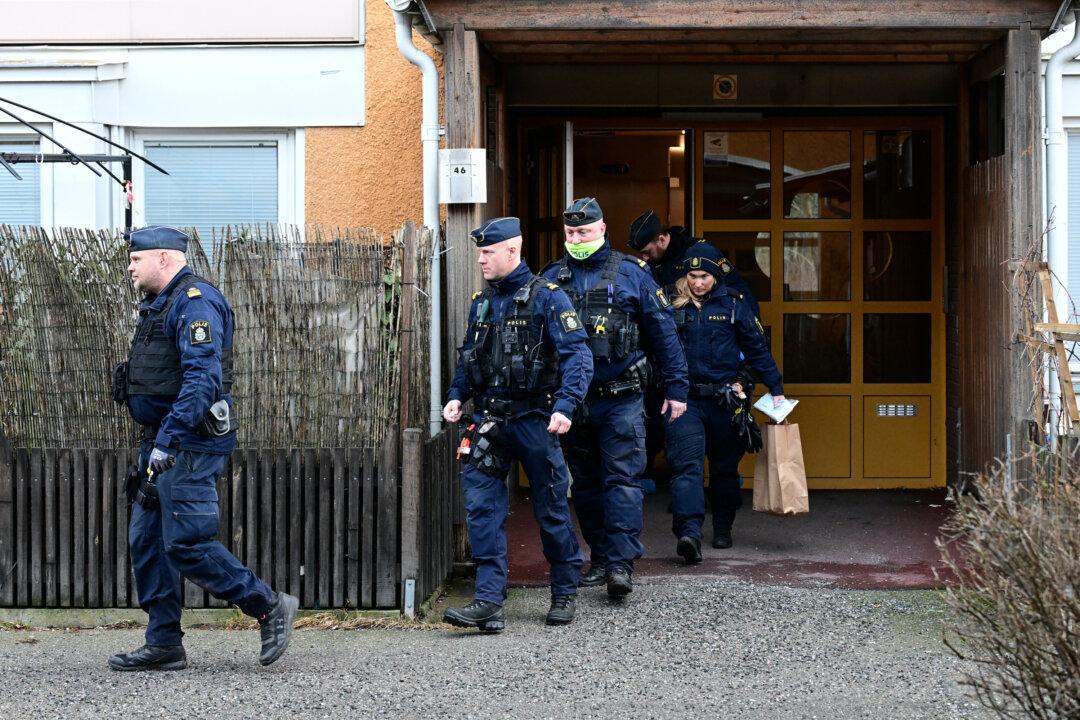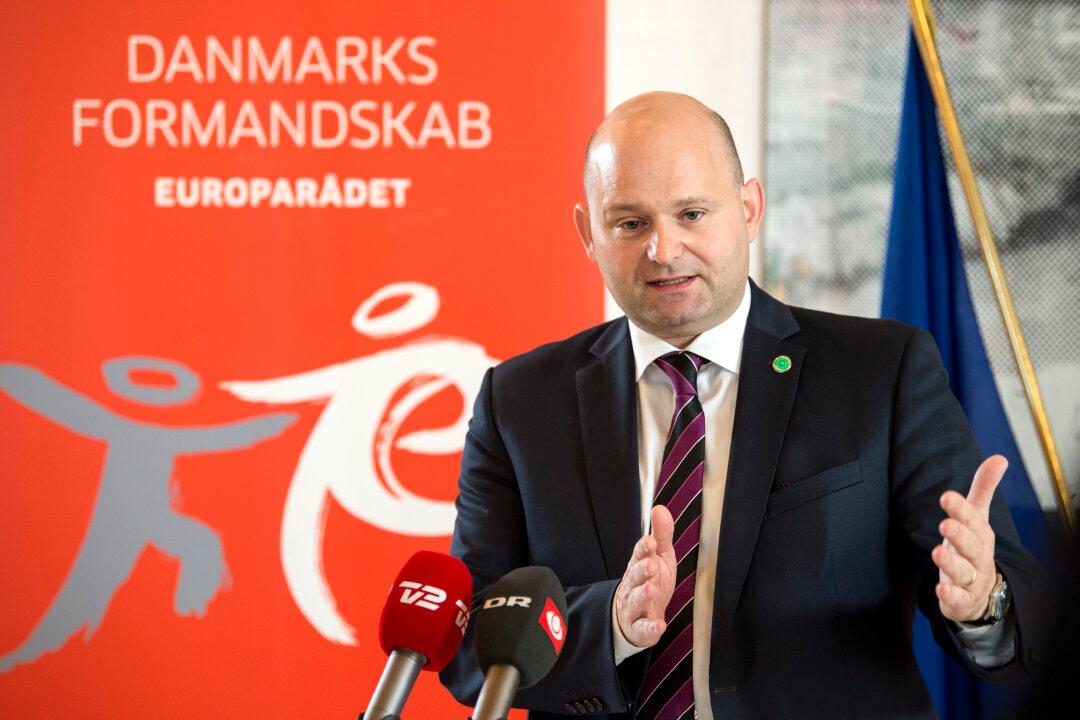STOCKHOLM—The Norwegian government has apologized to Norwegian women who were mistreated after World War II for having relationships with German soldiers.
The treatment of the so-called “German girls” is a dark epilogue to the liberation from Nazi occupation in 1945. In addition to being publicly shamed, abused, and ostracized, thousands of girls and women who consorted or were rumored to have consorted with German soldiers during the occupation were also detained for months, and, in some cases, stripped of citizenship; many were expelled to Germany.




